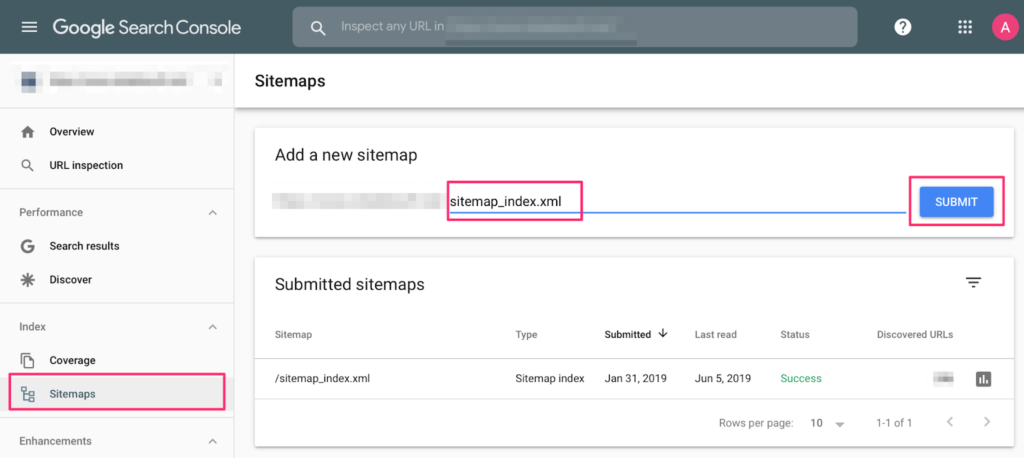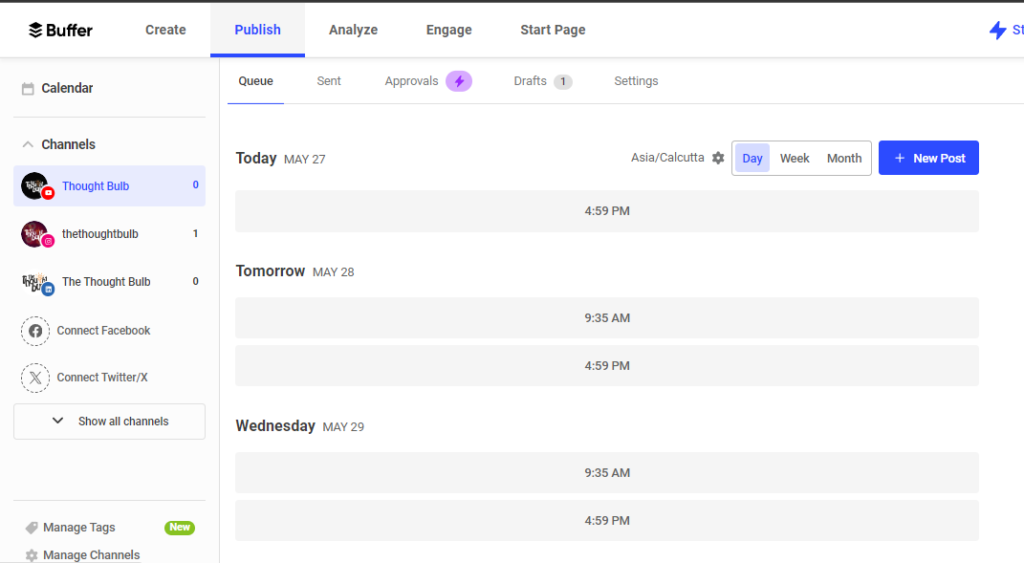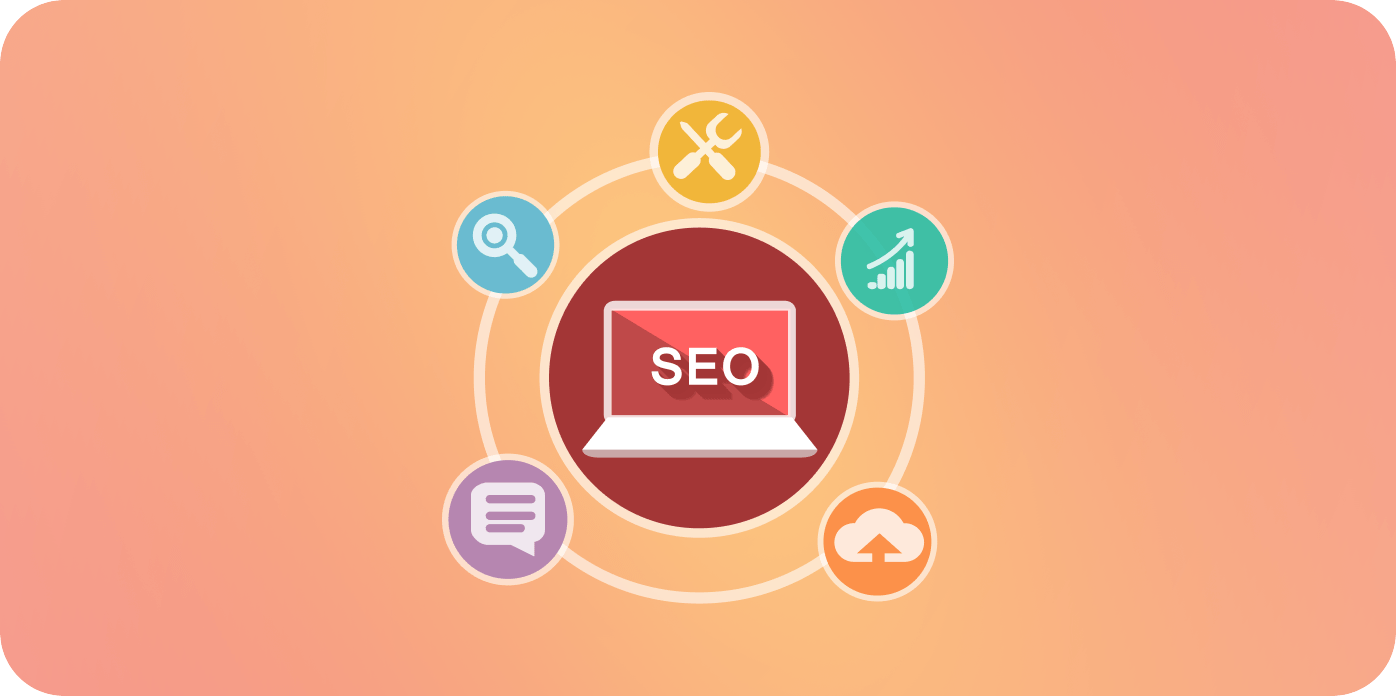Struggling to Boost Conversions?
With the vast majority of online experiences beginning with a search engine, having a strong SEO strategy is no longer a luxury—it’s necessary for any business hoping to thrive in the digital landscape.
In fact, 68% of online experiences begin with a search engine (source: Ahrefs – 124 SEO Statistics for 2024), highlighting the critical importance of SEO.
This is especially true for SaaS (Software as a Service) companies, where visibility and discoverability can make or break a product’s success. Implementing effective SEO for SaaS companies can significantly enhance their competitive edge and lead to sustainable growth.
Search engine optimization (SEO) is crucial to any digital marketing strategy. Staying up-to-date with the latest SEO best practices is essential for businesses to improve their online visibility and attract more potential customers.
Let’s explore the best practices for SEO for SaaS companies to improve their online visibility and drive organic traffic.
1. Focus on User Experience
User experience (UX) plays a vital role in SEO. A website that is easy to navigate, fast, and provides valuable content is more likely to rank higher in search engine results. Ensure that your website is optimized for mobile devices, as this is now the primary way most users access the internet.

Additionally, use clear and concise language in your content, and make sure that your website is free of errors and broken links.
Practical Tip: Regularly conduct user testing and gather feedback to identify areas for improvement. Use tools like Google PageSpeed Insights to ensure your website loads quickly on both desktop and mobile devices.
2. Use Long-Tail Keywords
Long-tail keywords are more specific phrases that have lower search volumes but are also less competitive. Using long-tail keywords can help you target specific audiences and increase your chances of ranking higher in search engine results.
For example, instead of targeting the broad term “software development,” you could target “cloud-based software development for small businesses.”

Practical Tip: Use tools like Google Keyword Planner or Ahrefs (one of the most popular Saas SEO tools) to identify long-tail keywords relevant to your industry. Incorporate these keywords naturally into your content to attract a more targeted audience.
3. Optimize Your Website’s Structure
A well-structured website is essential for SEO. This includes organizing your content into clear categories and subcategories, using header tags to define headings and subheadings, and creating a clear hierarchy of pages.
This helps search engines understand the structure and content of your website, making it easier for them to index and rank your pages.
Practical Tip: Create a detailed sitemap and submit it to search engines like Google Search Console. This will help search engines crawl and index your site more efficiently.

4. Use Internal Linking
Internal linking is the process of linking to other pages on your website. This helps search engines understand the structure and content of your website, and it also helps users navigate your website more easily. Use descriptive anchor text for your internal links, and make sure that they are relevant to the content of the page they are linking to.
Practical Tip: Conduct an internal link audit to ensure all links are relevant and functional. Use tools like Screaming Frog to identify broken links and fix them promptly.
5. Link Building for Authority and Credibility
Search engines view high-quality backlinks as a vote of confidence, signaling your content’s value and authority.
For SaaS companies, building a diverse, natural backlink profile is key. Effective strategies include
- Content Outreach and Guest Posting: Craft engaging content and collaborate with relevant sites to publish guest posts, gaining valuable backlinks and boosting your site’s credibility.
- Broken Link Building: Find broken links on other websites and suggest your content as a replacement. This helps the site owner fix the issue while you gain valuable backlinks.
- Brand Mentions: Track where your brand is mentioned online and request a backlink from these sources to increase your site’s authority and visibility.
- Niche Edits: Reach out to websites in your industry and suggest adding your link to existing relevant content, enhancing your link profile and relevance.
- High DR Link Mentions: Focus on obtaining backlinks from high Domain Rating (DR) websites, which significantly boosts your site’s credibility and search engine rankings.
If you are unsure about it, let a link building expert take charge.

Focus on quality over quantity, and stay updated on SEO best practices for ethical, sustainable link-building strategies that enhance your site’s authority and credibility.
Practical Tip: Develop a content marketing plan that includes guest blogging and influencer outreach. Use Saas SEO tools like Ahrefs to identify high-authority websites in your niche and reach out to them for backlink opportunities.
6. Leverage Social Media
Social media is a powerful tool for SEO. By sharing your content on social media platforms and engaging with your audience, you can increase your website’s visibility and drive more traffic to your site. Use relevant hashtags and keywords in your social media marketing strategy, and make sure that your profiles are complete and up-to-date.
Practical Tip: Schedule regular posts on social media platforms using tools like Hootsuite or Buffer. Engage with your audience by responding to comments and messages promptly to build a loyal following.
7. Monitor Your Website’s Performance

Monitoring your website’s performance is crucial for SEO. Use tools like Google Analytics to track your website’s traffic, engagement, and conversion rates. This will help you identify areas for improvement and make data-driven decisions about your SEO strategy.

Practical Tip: Set up custom reports and alerts in Google Analytics to monitor key metrics. Regularly review these reports to track progress and adjust your strategy as needed.
Align Your SEO Plan with Your Business Objectives
The path to organic search success isn’t about chasing viral keywords or vanity metrics. An effective SEO strategy must be rooted in your core business goals. Rather than getting distracted by high-traffic keywords that may not deliver tangible value, take a step back and identify the objectives that will truly move the needle for your company:
- Is your primary objective customer acquisition?
- Is boosting brand awareness within your target market a key goal?
- Are you focused on nurturing higher-qualified leads through the funnel?
When you anchor your SEO efforts to these key performance drivers, you’ll craft a holistic strategy that doesn’t just game the algorithm but delivers measurable business impact.
The road to SEO success is a journey, not a destination. But with a strategic, consistent approach guided by SEO best practices, you can future-proof your online discoverability and organic lead generation for years to come.
FAQs
Got questions?
If your questions remain unanswered, don’t hesitate to reach out; Merlin is here to provide the clarity you seek.






